Keep those communication boundaries in place
- CP Moore
- Feb 11, 2022
- 4 min read
Updated: Apr 22, 2023
We all recognise that sometimes the job can be extremely demanding, and the weight and volume of the tasks to complete, the projects ongoing, the grants and papers to write, the submissions to grade, and the quality to enhance can force many colleagues to work long outside of their contracted hours.

Some may prefer to work out of hours and have more free time in working hours. Some have to work long hours and weekends just to get everything done. And I'm sure we all agree that though it might often be necessary, it certainly isn't healthy (mentally, physically, and for our loved ones) and it most definitely should not be what we aspire to live our lives like.
But beyond this, it should not be the tone, the standard set by others, or a practice to be encouraged. Of course it should also not be hidden - if no one says anything, nothing ever changes. So if your workload looks balanced when in reality you're silently drowning in 60+hr weeks, that's hardly the people centred environment we're all trying to achieve. This is where, in the medium to long term we need (and I was sure we would but we most certainly have not) to address quite seriously how we operate. Not just "more staff" but also how the staff we have are skilled, supported, deployed, trained (and the processes... good lord the processes...).
But what about the short term? What about that feeling when you sit down on a workday morning and are greeted with over a dozen e-mails from colleagues from the night before? What if you are working out of office hours (choice or necessity) and get e-mails and you feel compelled or pressured to respond? What if those e-mails are from a senior colleague or your line manager? Do you feel you need to respond then and there because you've seen it and they are working outside of normal hours? What if you're new/young/inexperienced and just trying to get to grips/up to speed and so are doing some evening work to stay afloat and get an e-mail from someone? You want to look like a good team player, so maybe you respond and you're then in an imbalance from day one.
Sets a strange precedent doesn't it? What if you are that late worker and you're in a senior/management position, and you've said you don't expect colleagues to respond, but they're working too and so they feel that, whatever you say, maybe they should respond because the boss is working late? What if people aren't working out of hours but don't appreciate either having an e-mail onslaught to go through the next morning when they were at zero inbox when they shutdown the previous day, or particularly like their phone pinging every five minutes on the sofa when they're trying to have downtime with their families?
It's not healthy. And it hardly sends a strong message of work/life balance and time management if a manager or a leader (at any level or staffing group) is sending out e-mails to people at night/weekends. We set the expectation with students (or at least I do) that they can e-mail me out of hours if they have to because they are often juggling full-time study and part-time/full-time jobs as well as having a student life, so it makes sense they might have to do "busy work" at night- but I won't read or respond until the next working day. Staff? In many cases not so good at maintaining either boundary - students should not be getting e-mails (replies or otherwise) from staff outside of office hours. We shouldn't be setting up our students to have "working to death at all hours" be the norm based on the example we set. Their current and future mental health is important too.
So (and here's the tip - thanks for sticking with me, unless you just scrolled right down to the good part of course), if you do have to
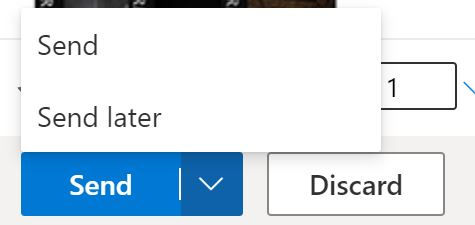
work outside "normal" hours and need to send out e-mails, try using the delay send function in Outlook, and choose a time that isn't first thing the next working day (no one likes that guy - give us a chance to sip our coffee first, eh).
And if you're one of those like me that doesn't work any evenings or weekends (just the way I and my brain work - lots of my videos show some of the ways I do things to lessen/simplify/automate my work without losing the quality) and doesn't appreciate your downtime being interrupted by constant phone pings of work e-mails, but does find enormous value and efficiency in being able to do a lot of comms and tasks from their phone/tablet during work hours, try setting up do not disturb in your Outlook app on your phone.
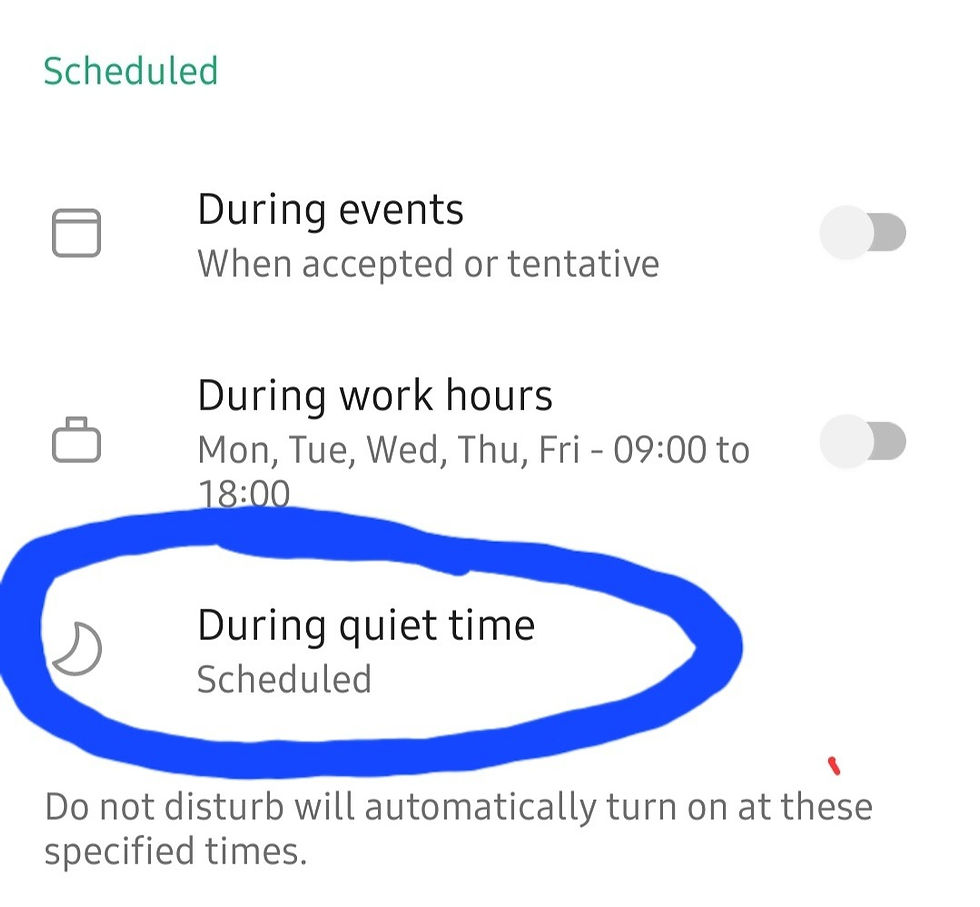
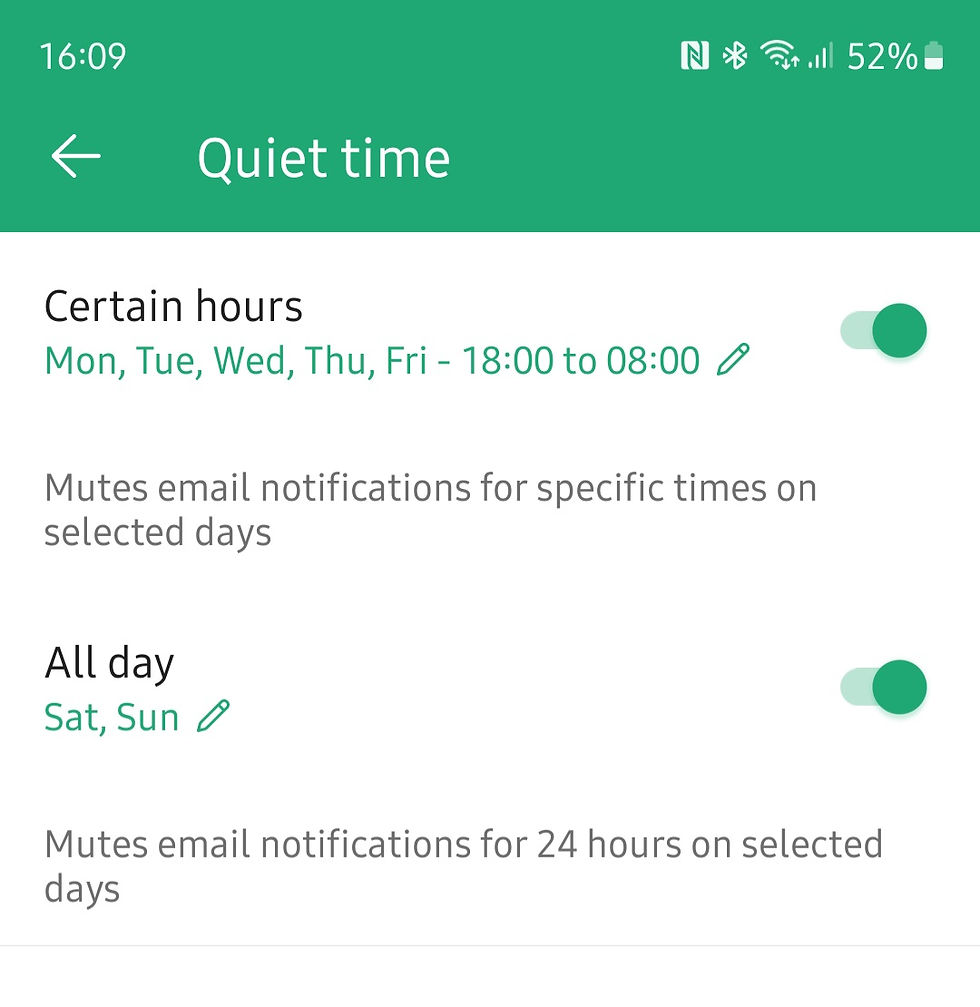
Improving mental health doesn't always come from conversations about how bad everything is, or about sharing experiences that have contributed to a decline in mental health; knowing isn't doing - sometimes we need to try a little action, a few small steps in positive change in how we work and saying "no, not today" from time to time. But until we start to make a couple tweaks so fewer of us become wrapped up in that cycle of working longer and harder than we should, or can, just to get the job done, I hope these two simple digital tricks take the edge off for some people.




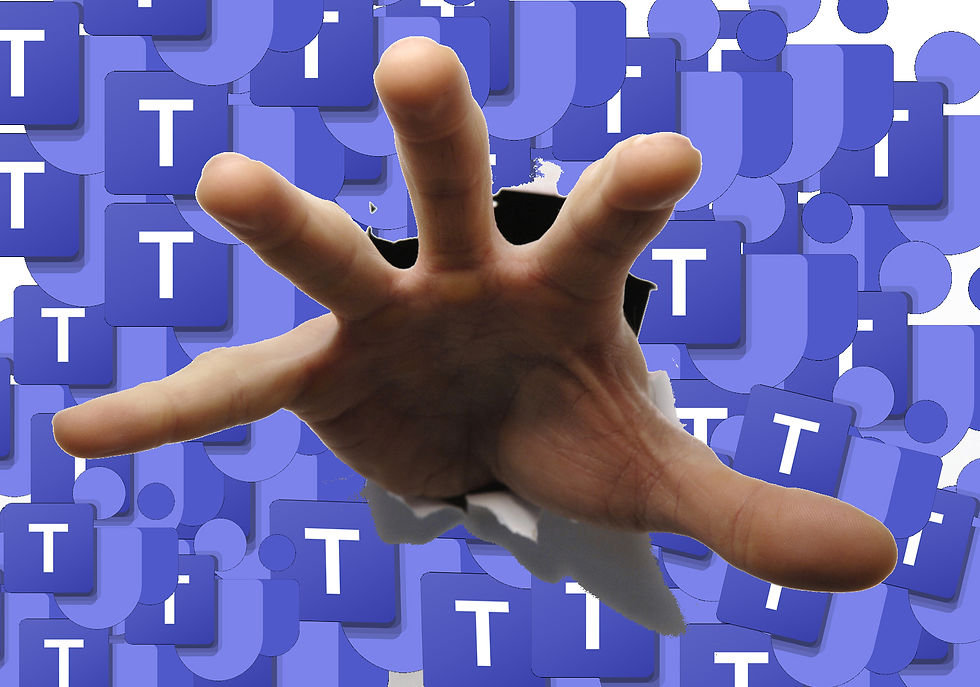
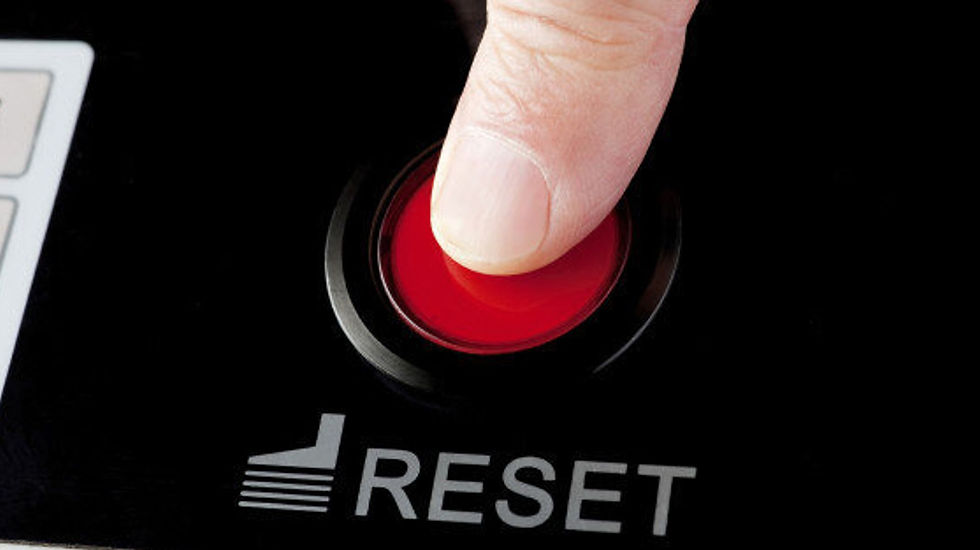

Comments